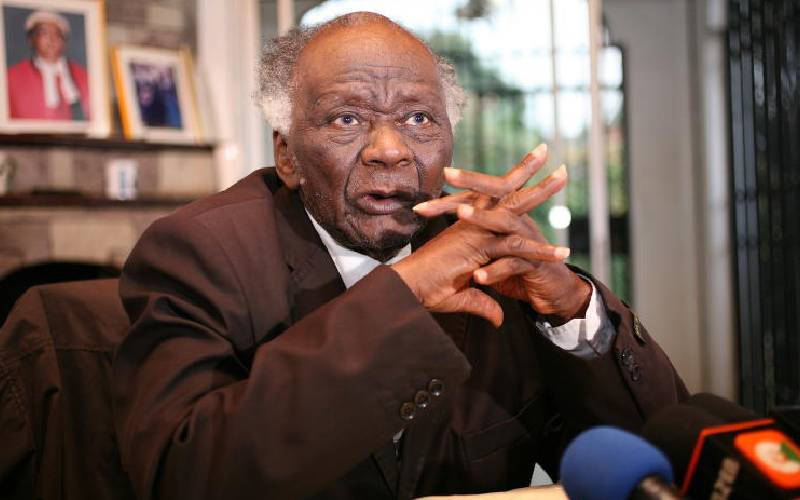×
The Standard e-Paper
Kenya’s Boldest Voice

Lawyer John Khaminwa [Wilberforce Okwiri, Standard]
At exactly five minutes past nine on February 5, 1987, Justice Samuel Bosire walked into the courtroom to find Prof Henry Odera Oruka on the witness stand.